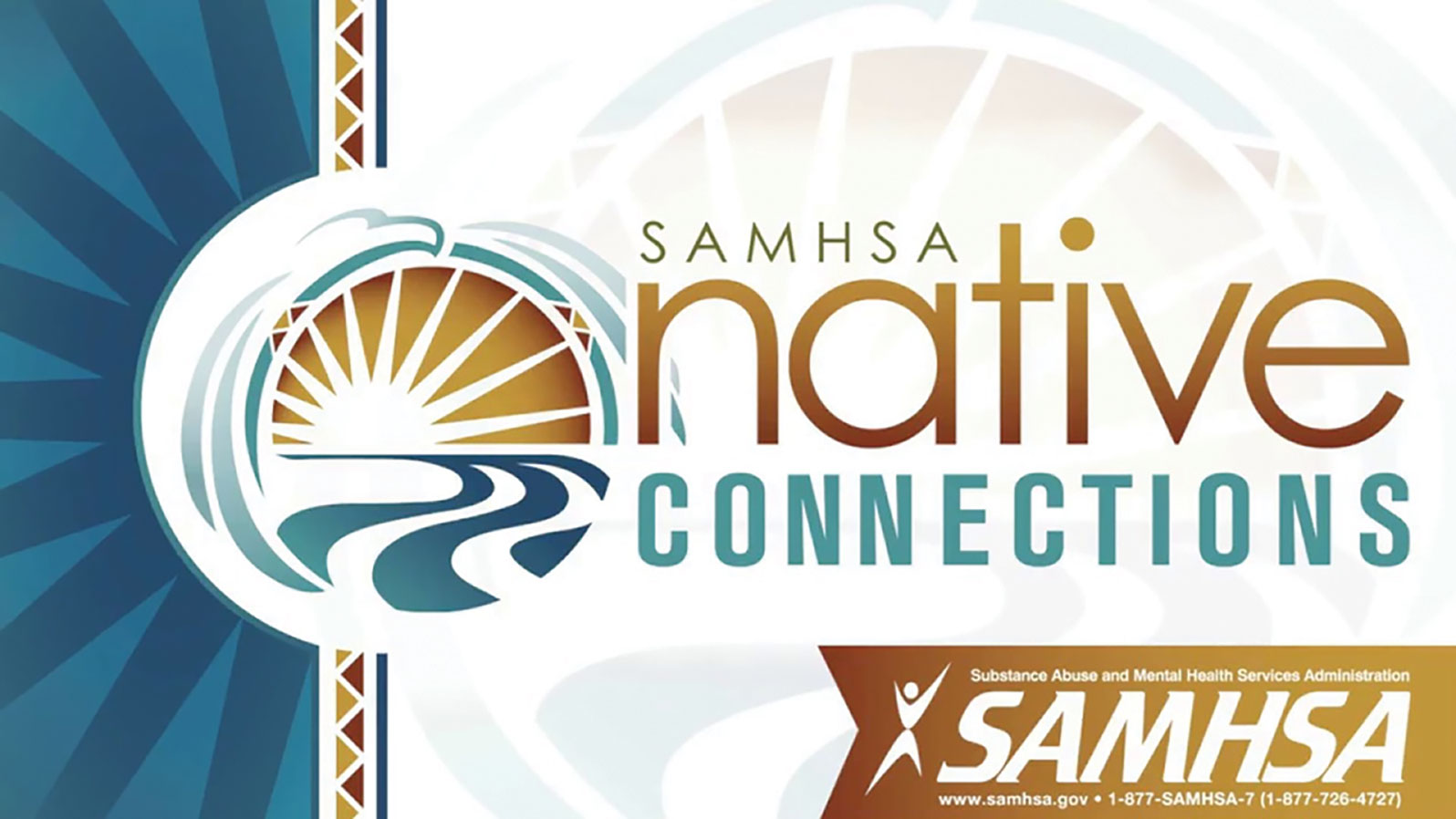What started out as a day, and then a week, eventually evolved into a month. Red Fox James of the Blackfoot tribe got the idea off the ground as he rode on horseback from state to state to garner support for a day of recognition. He eventually secured the endorsements of 24 state governments at the White House on December 14, 1915, although no record shows that a day was established.
Soon after, Dr. Arthur C. Parker of the Seneca tribe, convinced the Boy Scouts to establish a day for “the First Americans” which lasted three years. Also in 1915, having approved a plan concerning American Indian Day, the annual Congress of the American Indian Association directed its president, Rev. Sherman Coolidge, an Arapahoe, to call upon the country to recognize such a day. Coolidge issued a proclamation in September 1915, declaring the second Saturday of each May as an American Indian Day. https://www.nativeamericanheritagemonth.gov/about.html)
However, it was only in 1990 that President George H. W. Bush approved a resolution designating “National American Indian Heritage Month.”
Various national organizations are recognizing the holiday in a number of ways, from arts and culture events to those raising awareness on Missing and Murdered Indigenous Relatives. In our own community, Fort Lewis College has a full calendar of events (see link below) and the Southern Ute Cultural Center organized a “Rock Your Mocs” event on Nov. 15, coinciding with a national social media event to feature traditional moccasins. Word on the street is that the competition is surprising and exceptionally creative, sometimes stretching the idea of traditional footwear.
When we think of the relationship between heritage, culture, and health, this month is also a chance to remember the perspective of “culture is prevention.” What that means is culture is a protective factor against mental health struggles, and strengthening culture supports community belonging and wellness.
Particularly given concerns of health equity, Native American Heritage Month highlights Indigenous Determinants of Health and the need to recognize, once again, that as we commemorate Native American lives and histories, we need to remember that these histories had and continue to have impact health and living. In other words, this month should be forward-looking, asking “how can heritage, culture, and community forge paths of health and thriving for indigenous communities?”
What does this month mean to you and how would you like to see it commemorated?
Resources
- https://www.fortlewis.edu/life-at-flc/student-life/diversity-collaborative/native-american-center/activities-programs/native-american-heritage-month
- https://www.nativeamericanheritagemonth.gov/about.html
- https://www.samhsa.gov/blog/celebrating-national-native-american-heritage-month
- https://www.whitehouse.gov/briefing-room/presidential-actions/2023/10/31/a-proclamation-on-national-native-american-heritage-month-2023/
Here’s to your good health!
It’s okay not to feel okay
If you or someone you know has been struggling with their emotions, behaviors, or substance use please reach out to us. We can help you find appropriate tools and services that could help you overcome obstacles in your life. We are here for you. Please contact the Southern Ute Behavioral Health Division at 970.563.5700 for more information or to set up an appointment to see a counselor or therapist.
Reminder: If you need to talk to someone, please reach out.
And for those interested in opioid use education, harm reduction, and support, please contact us for quick Naloxone (Narcan) training and fentanyl test strips. We can schedule individual, family, or friends training times at our Southern Ute Behavioral Health Building, or we can come to you, and the training is around 30 minutes. Please call us at 970.563.5700 to set up a training appointment.

